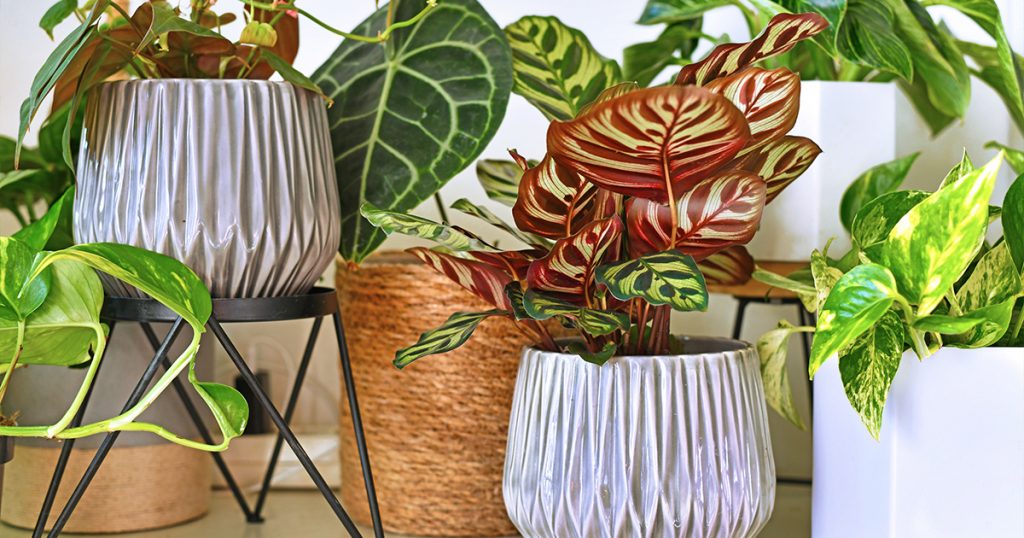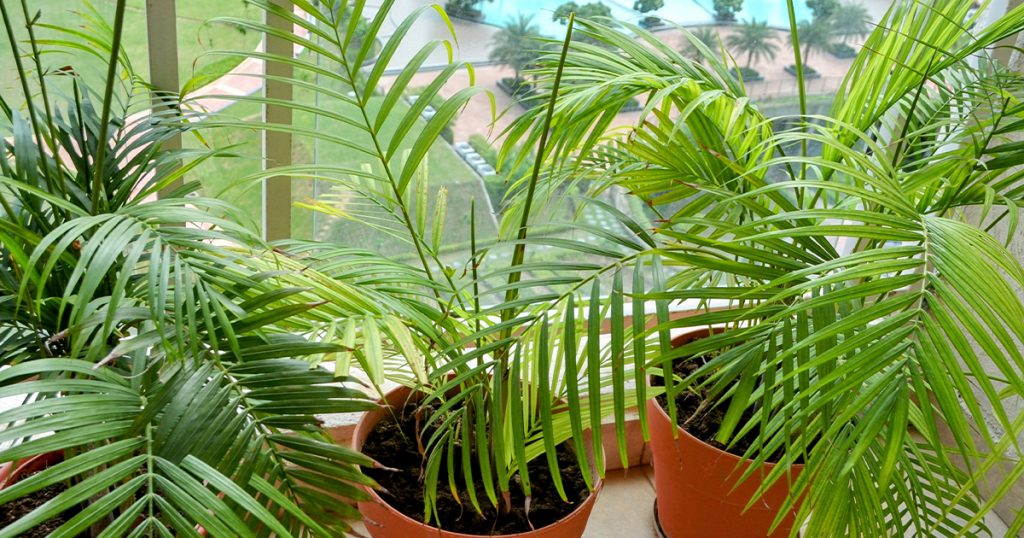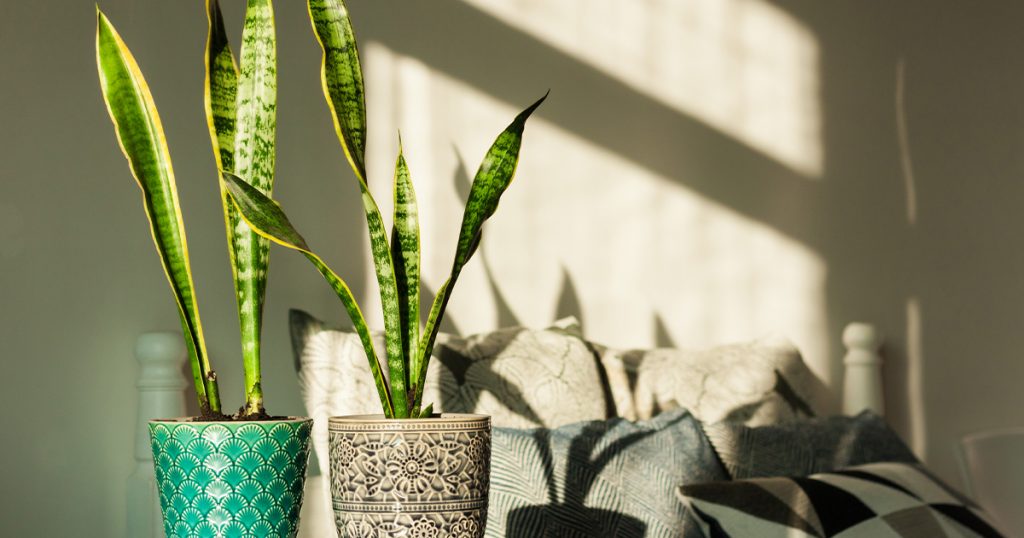In an era where urbanization and industrialization dominate, pollution has become a pressing global issue. Moreover, winter’s arrival in India brings a destructive AQI, especially in the North. Air quality, especially in urban areas, often falls below safe levels, leading to respiratory issues, fatigue, and long-term health problems. We can not control the air quality individually. However, collectively, we improve the index in our surroundings by planting more plants. By nurturing these natural allies, we can breathe cleaner air for a healthier, more sustainable future.
FUN FACT: A Delhi couple residing in Sainik Farms, South Delhi have over 15000 plants in their home garden. With this sustainable living, their home has an AQI as low as 10-15 while the capital remains in the ‘poor’ category.
How Plants Reduce Pollution?
Plants improve air quality through their natural processes — photosynthesis, where they absorb carbon dioxide and release oxygen. Many plants also filter harmful toxins and increase humidity, creating a healthier indoor environment. While some plants actively absorb harmful chemicals from the air, others improve oxygen levels. These are the most beneficial in closed spaces.

On that note, here are some plants that can beat the adverse effects of pollution. Incorporating air-purifying plants into our living spaces is one of the most effective and aesthetic solutions to combat pollution. Moreover, these greens are easy to plant, require minimal care, and bring you a healthier environment.
Areca Palm
Areca Palm is known for its ability to improve indoor air quality by filtering out carbon dioxide and toxins. The plant possesses humidifying properties, making it perfect for dry environments, and providing relief from respiratory ailments. Also, Areca Palm requires minimal care that includes bright, indirect sunlight and a water spray enough to keep the soil moist.

Snake Plant
Snake Plants are one of the new greens that convert carbon dioxide into oxygen even at night. Often called “Mother-in-law’s tongue,” the plant absorbs harmful toxins that make it an efficient natural air purifier, perfect to beat pollution. This indoor plant can thrive in low light and requires minimal watering. If you wish to inhale clean oxygen while sleeping, keep a snake plant in your bedroom while maintaining its aesthetic.

Aloe Vera
While the air quality outdoors depends on multiple factors, you can manage the indoor AQI by having Aloe Vera. Apart from its medicinal uses, Aloe Vera helps eliminate bacteria, making it a natural air purifier that not only improves indoor air quality significantly but eradicates bacterial infections just by its existence. With bright, indirect sunlight and minimal watering, you can avail all the benefits of Aloe Vera.

Money Plant
Because of the beliefs money plants hold, it is the most common plant in Indian households. Other than bringing fortune, money plant is known for its ability to reduce airborne pollutants, including carbon monoxide. The plant will give your indoors an aesthetic appeal with significant air purification capabilities when kept in indirect sunlight and given occasional watering & pruning.

Spider Plant
With its demand for bright, indirect sunlight, and occasional watering, Spider Plant is another common household plant. Besides its aesthetics and maintenance, this resilient plant removes air toxins that can be harmful to health. If you own a limited living space or office cabin, spider plants can be magic! In fact, they are known to improve air quality, especially in poorly ventilated spaces.

Tulsi
The Holy Basil, commonly known as Tulsi is revered for its medicinal properties. The plant is worshipped in Hindu households as it is considered a manifestation of the goddess Lakshmi. Like other plants, Tulsi also possesses the ability to purify the air by emitting oxygen and absorbing harmful gases. All the plant needs is direct sunlight and regular watering with proper drainage.

Peace Lily
While all plants are beautiful, Peace lily has its distinguished charm. This beauty comes with multiple benefits, including toxins absorption and the creation of an excellent indoor air purification system. When placed in shaded or low-light areas with adequate watering, peace lilies also increase humidity levels, combating dry air problems.

Make your space greener today — a small step for you, a giant leap for better living!




